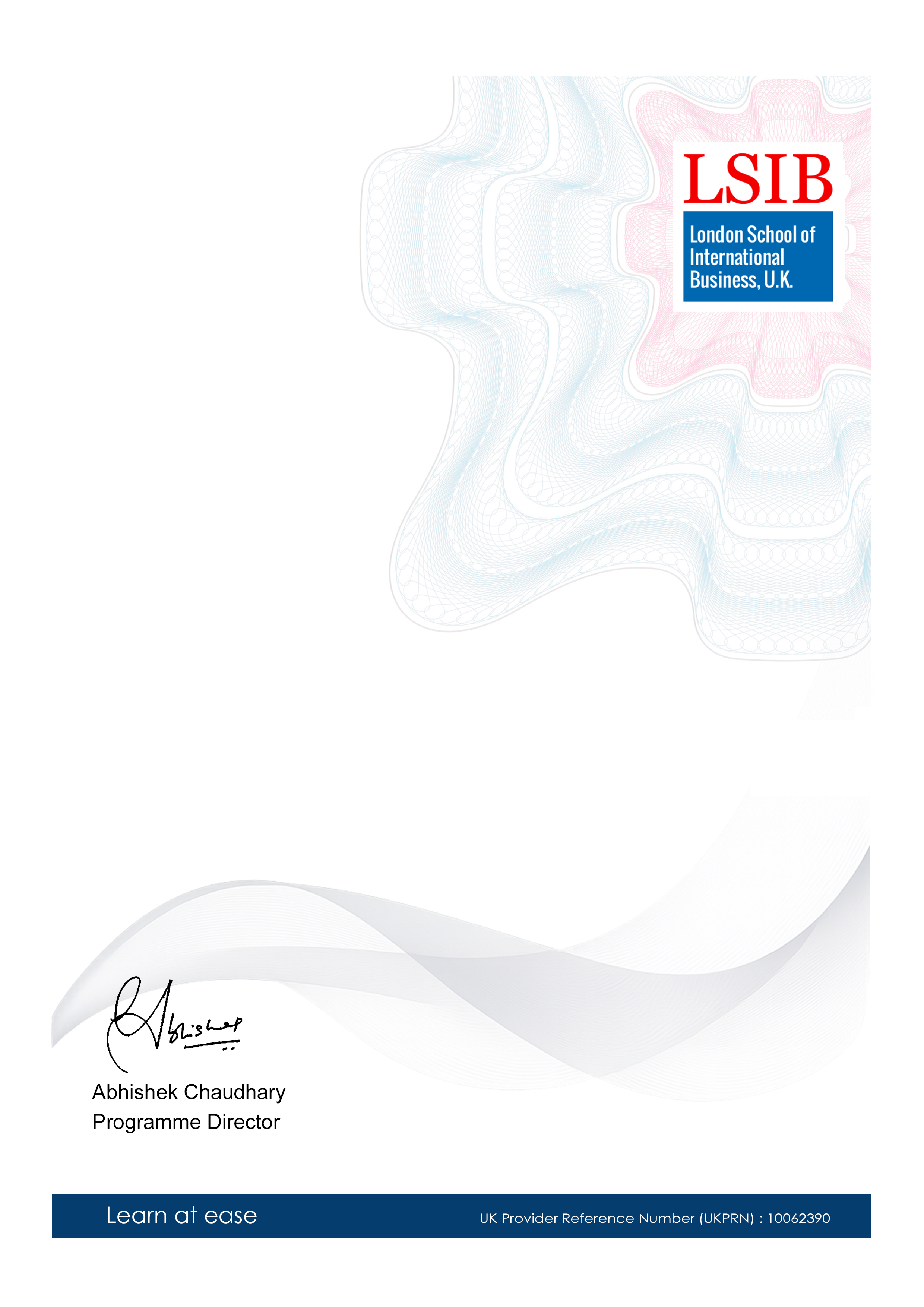Certified Specialist Programme in Conflict Resolution for Law Enforcement
-- viewing nowConflict Resolution training for law enforcement is crucial. This Certified Specialist Programme equips officers with advanced de-escalation techniques and mediation skills.
4,972+
Students enrolled
GBP £ 140
GBP £ 202
Save 44% with our special offer
About this course
100% online
Learn from anywhere
Shareable certificate
Add to your LinkedIn profile
2 months to complete
at 2-3 hours a week
Start anytime
No waiting period
Course details
• De-escalation Techniques and Tactical Communication
• Mediation and Negotiation Skills for Law Enforcement
• Conflict Resolution in Diverse Communities
• Legal and Ethical Considerations in Conflict Resolution
• Trauma-Informed Approaches to Conflict Resolution
• Managing Aggressive and Violent Behavior
• Crisis Intervention and Suicide Prevention
• Report Writing and Documentation for Conflict Resolution Interventions
Career path
| Career Roles in Conflict Resolution (Law Enforcement) | Description |
|---|---|
| Negotiator/Mediator (Police/Prisons) | Highly skilled professionals managing tense situations, de-escalating conflicts, and facilitating peaceful resolutions within law enforcement settings. Strong communication and conflict resolution skills are paramount. |
| Community Liaison Officer (Conflict Resolution Specialist) | Building bridges between law enforcement and the community; addressing underlying causes of conflict, mediating disputes, and fostering positive relationships. Experience in community engagement is crucial. |
| Correctional Officer (Conflict Management) | Maintaining order and security within correctional facilities, resolving inmate disputes, and de-escalating potentially violent situations. Expertise in conflict resolution within a confined environment is essential. |
| Family Liaison Officer (Child Protection & Conflict) | Supporting families affected by crime or trauma, mediating conflicts within families, and facilitating access to support services. Excellent interpersonal and conflict resolution skills are required. |
Entry requirements
- Basic understanding of the subject matter
- Proficiency in English language
- Computer and internet access
- Basic computer skills
- Dedication to complete the course
No prior formal qualifications required. Course designed for accessibility.
Course status
This course provides practical knowledge and skills for professional development. It is:
- Not accredited by a recognized body
- Not regulated by an authorized institution
- Complementary to formal qualifications
You'll receive a certificate of completion upon successfully finishing the course.
Why people choose us for their career
Loading reviews...
Frequently Asked Questions
Course fee
- 3-4 hours per week
- Early certificate delivery
- Open enrollment - start anytime
- 2-3 hours per week
- Regular certificate delivery
- Open enrollment - start anytime
- Full course access
- Digital certificate
- Course materials
Get course information
Earn a career certificate

